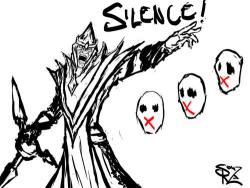
I owe particular thanks for this post to Beck Wise, who gave me the this idea in the first place.

All materials posted to this site are licensed under a Creative Commons Attribution-NonCommercial-ShareAlike 3.0 Unported License. We invite you to use and remix these materials, but please give credit where credit is due. In addition, we encourage you to comment on your experiments with and adaptations of these plans so that others may benefit from your experiences.